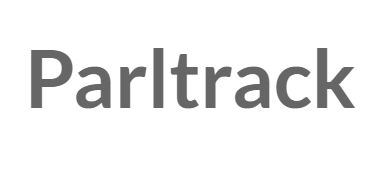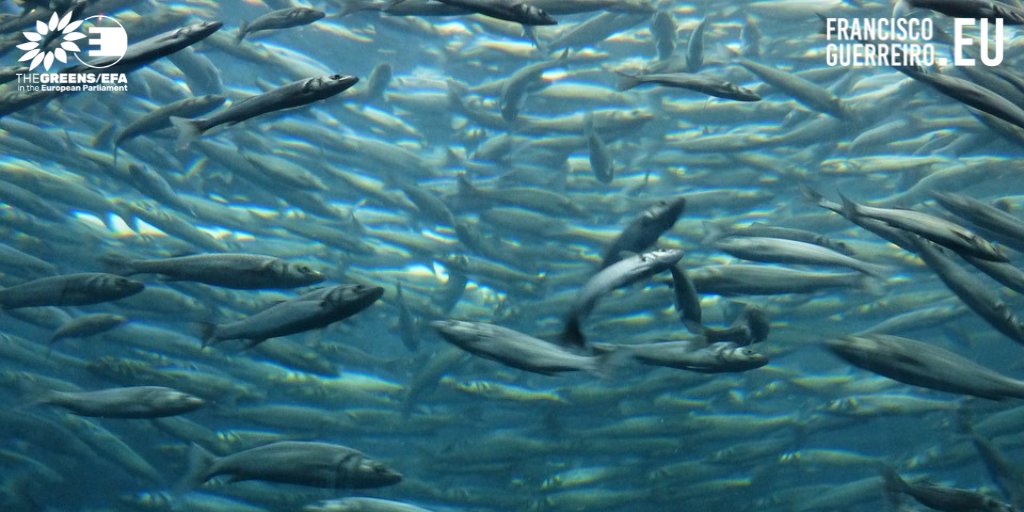
Francisco Guerreiro criticizes the revision of the regulations on the transport of live animals
Brussels, December 7, 2023 - The European Commission has today published the revision of the Animal Transport Regulation. The Greens/EFA have long championed this issue and welcome a review by the Commission. However, for Francisco Guerreiro MEP, “the proposed measures are not enough, and reflect the constant lobbying of the livestock industry to maintain the unsustainable status quo”.
Below is a summary of the new proposals published today by the Commission on animal transport - you can see the full document here (https://www.europarl.europa.eu/doceo/document/TA-9-2022-0015_EN.html)
Title: Proposal for a REGULATION OF THE EUROPEAN PARLIAMENT AND OF THE COUNCIL on the protection of animals during transport and related operations, amending Council Regulation (EC) No 1255/97 and repealing Council Regulation (EC) No 1/2005. COM/2023/770
Some key points:
- Transport is generally limited to 21 hours, plus one rest day, plus 21 hours.
- Transportation to slaughter is generally limited to 9 hours (except rabbits and poultry)
- However, sea transport is not counted as travel time. This is one of the omissions where the influence of the industry lobby becomes most obvious, as this exclusion makes no sense at all given that time on board a ship is also travel time. This exclusion is certainly intended to protect the continuity of transportation by sea, which is inherently long.
- Species/category-specific journey times for rabbits and poultry - but not always better than the general rules.
- Unweaned animals can generally only be transported for a maximum of 8 hours - but again this time can be extended if the trucks have an approved feeding system for calves.
- Specific limits for the youngest unweaned animals that cannot be transported (calves under 5 weeks, pigs/lambs/goats under 3 weeks).
- Certain measures must be taken in extreme cold or heat (shorter journeys, night transportation, greater space requirements) - but the range of permitted temperatures seems even wider than before.
- Ship checks include recently added conditions on maritime safety, and a welfare officer is required on board during every sea voyage.
- Veterinarians must be present at all loading and unloading of animals.
- Other species are included, including aquatic animals - although the legislation requires more detail.
- The transition periods are quite long.
Today, so did the Commission:
- Provided a response to ECI Fur Free Europe (you can see it here: https://ec.europa.eu/commission/presscorner/detail/en/qanda_23_6254)
COM has undertaken to assess the “necessity and feasibility of a ban on fur farming and marketing in the EU”. It will receive scientific advice from EFSA by March 2025 and will only communicate by March 2026 whether it considers a ban appropriate, after a transitional period. EFSA's opinion will focus on the main animals kept for fur production (minks, foxes, raccoon dogs and chinchillas) and will analyze their welfare and common farming systems. The Commission will also consider the implications for the international fur trade. In other (slightly) relevant actions, the Commission also mentions that it is carrying out an impact assessment in view of a possible revision of the textile labeling regulation and an assessment for the possible inclusion of the American mink - usually bred for its fur - as an invasive species of concern for the EU.
- It has published a proposal for harmonized rules on the welfare of dogs and cats, with regard to animals kept by breeders, sellers, pet shops and shelters. It regulates breeding and prohibits unnecessary and painful mutilations. The microchip and interoperable databases should allow for better traceability, so that the authorities can monitor the breeding and trade of pets. Pet owners are largely unaffected (except for the obligation to register in very specific circumstances), as they are not the target of the legislation and the same measures would not be proportionate.










ParlTrack - Francisco Guerreiro considered one of the most productive MEPs
Monday, 01 July 2024
The analytical website ParlTrack has recorded all the parliamentary actions of MEPs during the 2019-2024 term, considering Francisco Guerreiro one of the most productive.READ MORE